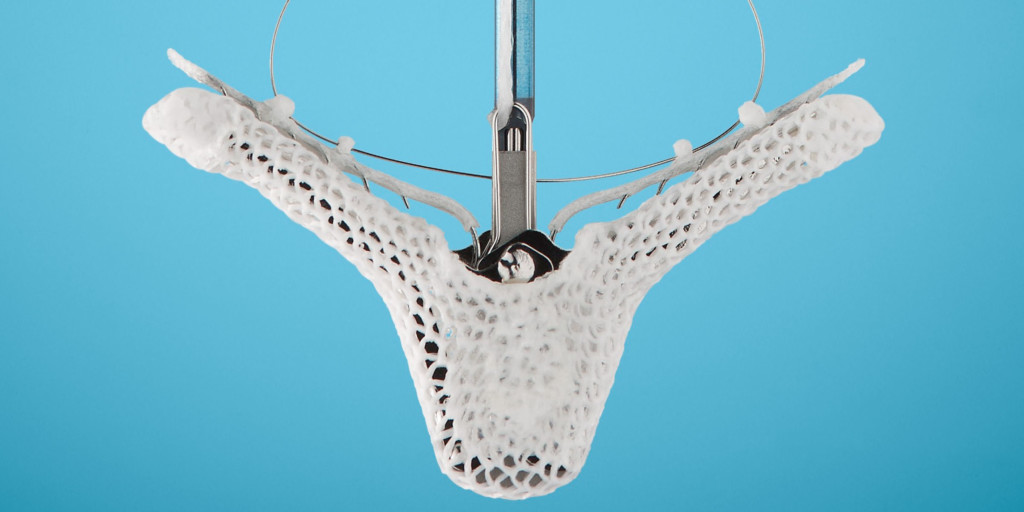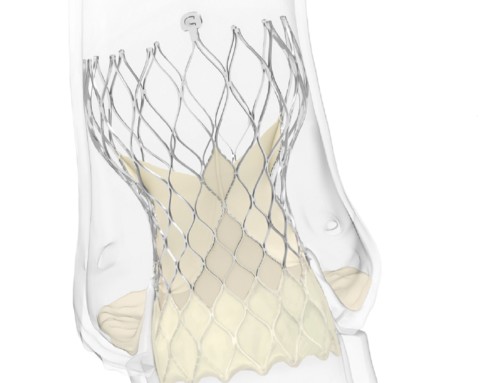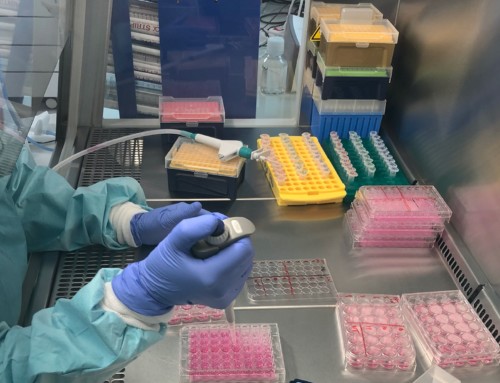
MitraClip XTR
Abbott has received US FDA approval for fourth-generation version of its MitraClip heart valve repair device (MitraClip G4) to treat mitral regurgitation. This latest version, according to a press release, delivers an expanded range of clip sizes, an alternative leaflet grasping feature and facilitation of procedure assessment in real time to offer doctors further options when treating mitral valve disease.
To date, the press release reports, MitraClip has been used in more than 80,000 people worldwide to treat both primary and secondary mitral regurgitation. The device is supported by an extensive body of clinical evidence, including the recent results of the landmark COAPT trial (published in The New England Journal of Medicine in September 2018).
As part of an ongoing, patient-centric product development cadence, Abbott has expanded MitraClip to a total of four clip sizes—now including clips with wider grasping area—to provide physicians additional options for treatment. MitraClip G4 also offers independently controlled grippers that allow physicians to grasp one or both leaflets during the procedure, known as Controlled Gripper Actuation.
Neil Moat, chief medical officer of Abbott’s structural heart business, says: “We are continually innovating the MitraClip technology based on the experience of the physicians implanting the device so we can truly help them improve the lives of their patients. With the fourth generation of MitraClip, we set out to build a system that would help physicians individualise the therapy to each patient and deliver even more features that can treat both primary and secondary mitral regurgitation.”
In addition to four clip sizes and the leaflet grasping feature, the latest generation of MitraClip offers the benefit of an upgraded catheter to allow integrated real-time continuous left atrial pressure monitoring during implant. The feature allows physicians to use a commercially available pressure monitor integrated into the MitraClip catheter to continuously monitor and confirm MR reduction during the implant procedure and help them determine whether MitraClip should be repositioned or placed differently to optimise patient outcomes.





